The Deputy General Director of Vietnam Social Security affirmed that the Unemployment Insurance Fund's balance of about 63,000 billion VND is enough to pay unemployment benefits to civil servants and workers who quit their jobs when the apparatus is streamlined.
On the afternoon of January 6, the National Assembly Standing Committee gave opinions on receiving, explaining and revising the Draft Law on Employment (amended).
Balancing the Unemployment Insurance Fund when restructuring the organizational structure
Chairwoman of the Social Committee Nguyen Thuy Anh said that at the time the Government submitted the draft law, it had not yet implemented the policy of innovation, arrangement, and streamlining of the political system's apparatus.
Therefore, the draft law has not anticipated the impact of the implementation of the policy of restructuring and streamlining the apparatus. This includes policies for people who are unemployed due to restructuring the apparatus. This affects the balance of the Unemployment Insurance Fund when the number of participants is reduced and the number of beneficiaries is increased.
According to Ms. Nguyen Thuy Anh, there are opinions suggesting to add principles and assign the Government to regulate to ensure the balance of the Unemployment Insurance Fund in cases such as when restructuring the organizational apparatus.
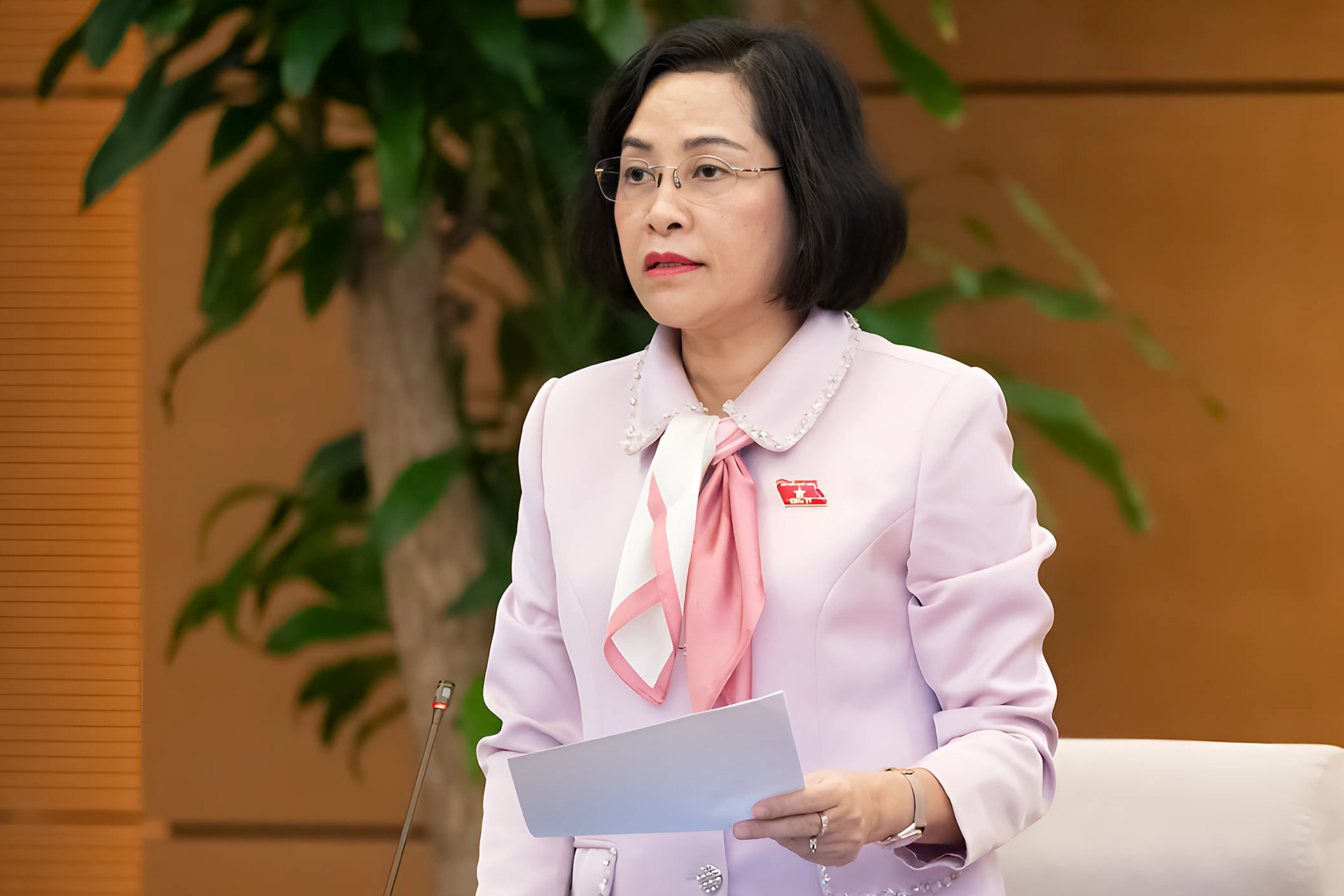
Vice Chairwoman of the National Assembly Nguyen Thi Thanh also noted that the implementation of the policy of restructuring and streamlining the apparatus directly affects the names, functions and tasks of State management agencies, as well as the balancing of the Unemployment Insurance Fund.
Ba Thanh also mentioned the number of about 100,000 cadres, civil servants and public employees affected by this restructuring and streamlining of the apparatus, which Permanent Deputy Prime Minister Nguyen Hoa Binh informed at the conference summarizing the internal affairs sector.
Deputy General Director of Vietnam Social Security Le Hung Son said that according to Decree 178 on policies for cadres, civil servants, public employees, and armed forces, when arranging the apparatus, there will certainly be civil servants working at public service units who are not yet eligible for retirement benefits, and will receive unemployment insurance benefits including: unemployment benefits and vocational training support.
According to Mr. Son, among the 100,000 people affected by the restructuring of the apparatus, there are both civil servants and public employees. However, only public employees participate in and benefit from unemployment insurance. However, Vietnam Social Security currently does not have specific data to assess the impact on the Unemployment Insurance Fund.
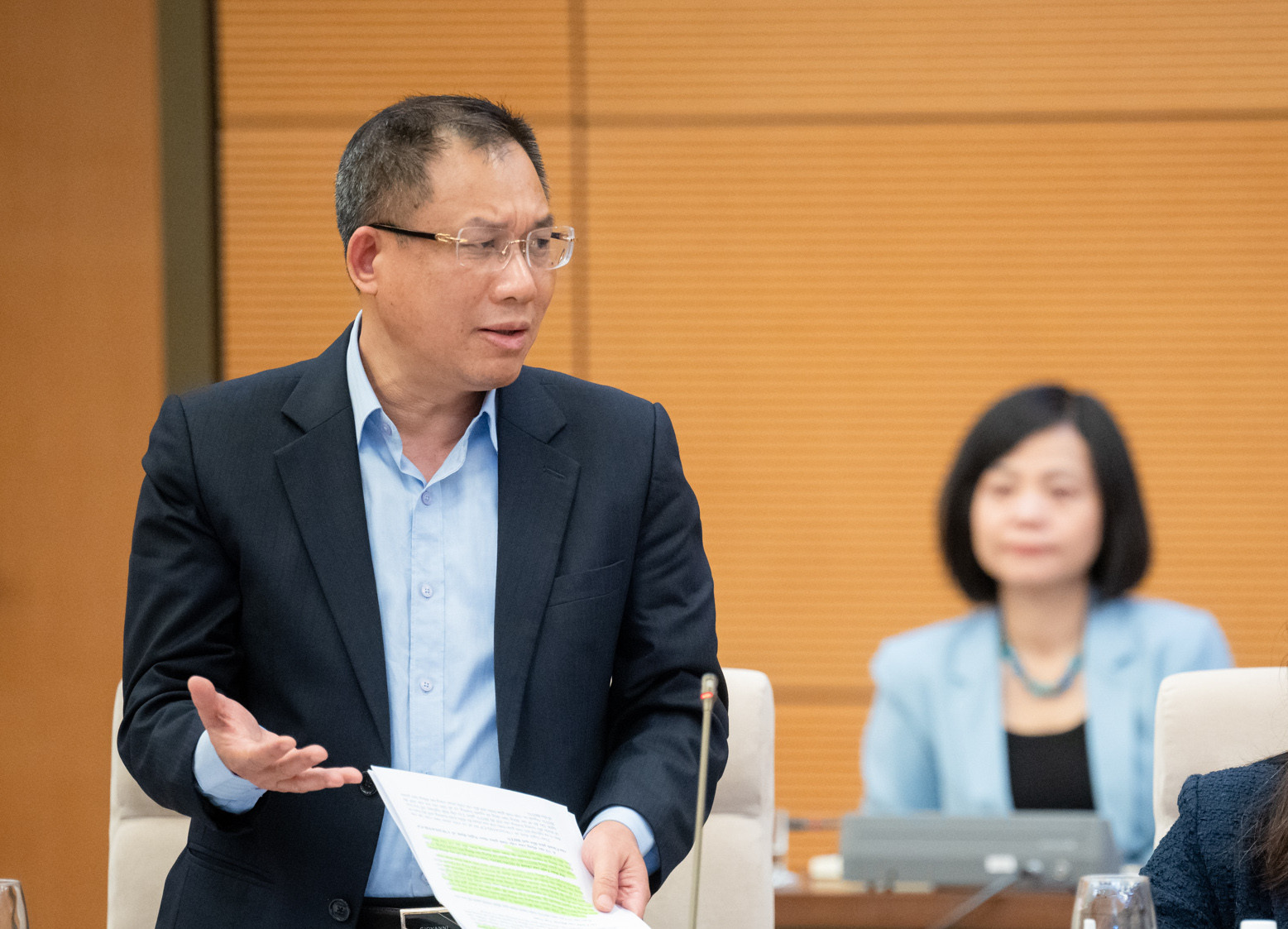
Regarding the settlement and payment of unemployment insurance, Mr. Son cited that in 2023, there were more than 1.049 million people receiving unemployment benefits and Vietnam Social Security paid up to 99.3% of these people through personal accounts.
Payment settlement is not related to administrative boundaries. Therefore, if implemented according to the new model, even inter-district will not affect the payment to unemployment beneficiaries.
Mr. Son affirmed that if there is any expense for civil servants receiving unemployment benefits under Decree 178, the fund to pay will still be available. Because currently, the surplus of the Unemployment Insurance Fund is about 63,000 billion VND, so the source of expense to solve the problem is certainly assured.
Equal to 60% of average salary
According to the draft law, unemployment insurance is a type of compulsory insurance to support employees to maintain employment, provide training, consultation, job referrals and partially compensate employees for their income when they lose their jobs based on contributions to the Unemployment Insurance Fund.
The unemployment insurance fund is managed centrally, uniformly, publicly and transparently; used for the right purposes; ensures safety, growth and is protected by the State.
Regarding the monthly unemployment benefit level, the draft law stipulates that it is equal to 60% of the average monthly salary for unemployment insurance contributions of the 6 most recent months of unemployment insurance contributions before the termination of the labor contract, work contract or termination of employment, but not exceeding 5 times the regional minimum monthly salary announced by the Government applied in the last month of unemployment insurance contributions.
The period of unemployment benefits is calculated based on the number of months of unemployment insurance contributions. For every 12 months of contributions up to 36 months, you will receive 3 months of unemployment benefits. After that, for every additional 12 months of contributions, you will receive 1 more month of unemployment benefits, but not exceeding 12 months. Unemployment insurance contributions of more than 144 months will not be retained.
Employees receiving unemployment benefits are entitled to health insurance benefits in accordance with the provisions of the law on health insurance, including the period of temporary suspension of unemployment benefits as prescribed.
People receiving unemployment benefits have their health insurance paid by the social insurance agency from the Unemployment Insurance Fund.
The draft Law on Employment (amended) is expected to be submitted to the National Assembly for approval at the upcoming 9th session.
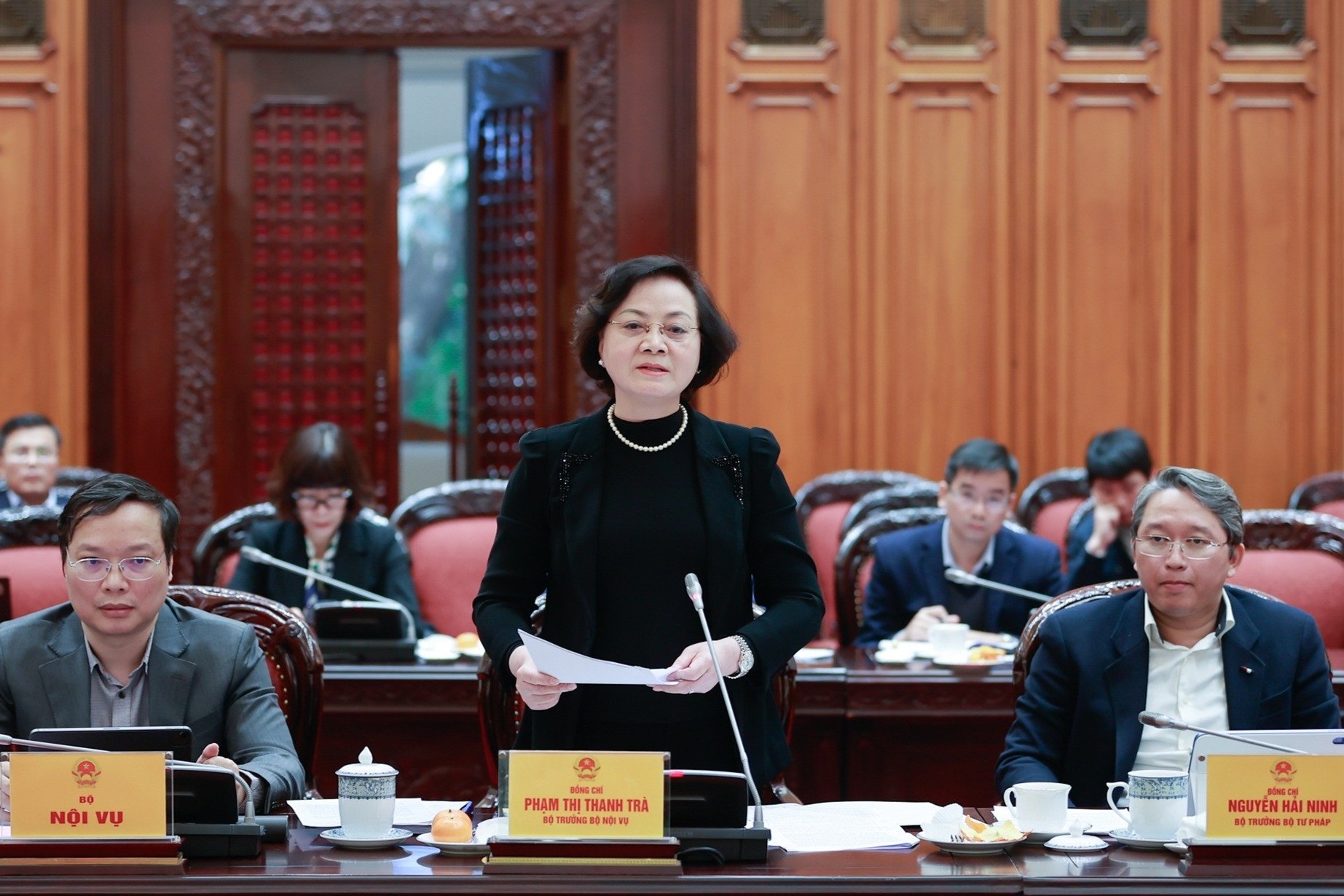
Ministries and localities must reduce at least 20% of civil servants and public employees to streamline the apparatus.
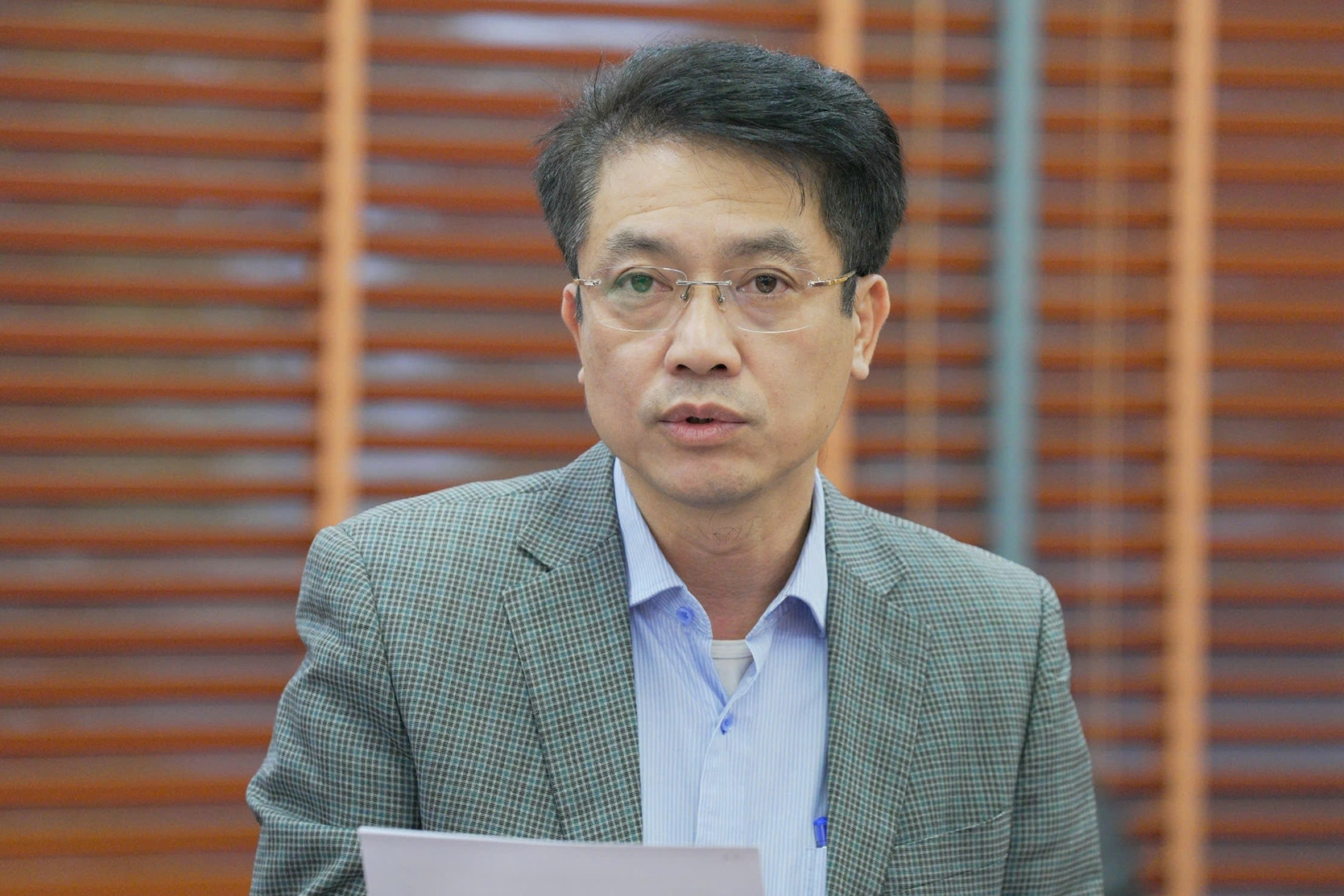
8 groups of policies and regimes for civil servants and public employees who quit their jobs when streamlining the apparatus
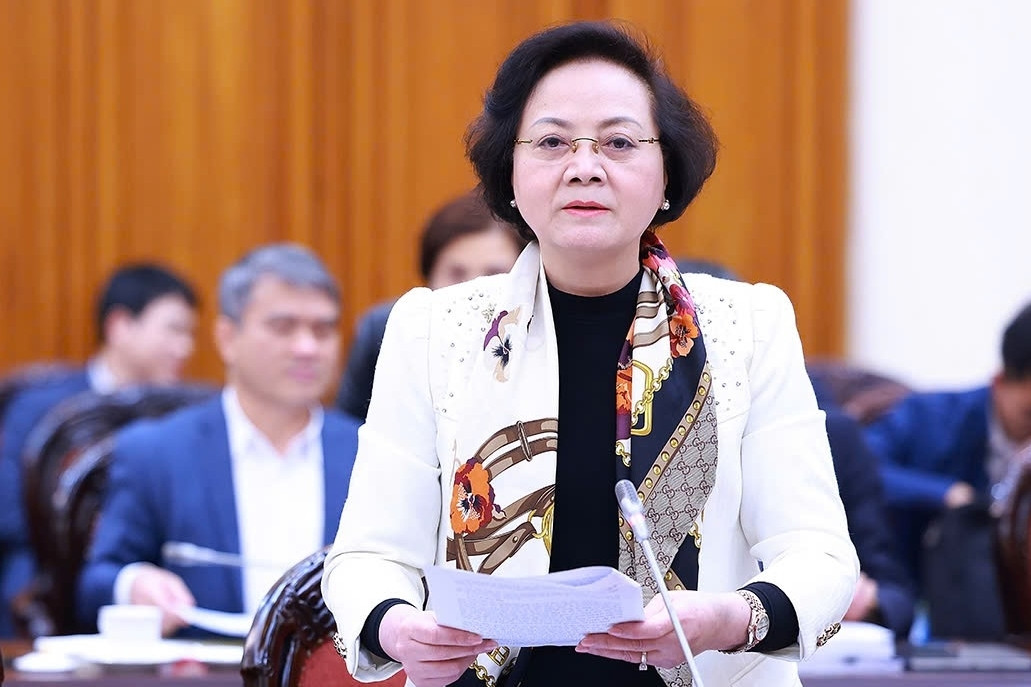
Ministry of Home Affairs: 130,000 billion VND needed to streamline staff when streamlining the apparatus
Source: https://vietnamnet.vn/ket-du-63-000-ty-dong-du-chi-tro-cap-that-nghiep-cho-vien-chuc-nghi-viec-2360633.html


![[Photo] President Luong Cuong presided over the welcoming ceremony and held talks with Sri Lankan President Anura Kumara Dissanayaka](https://vphoto.vietnam.vn/thumb/1200x675/vietnam/resource/IMAGE/2025/5/5/bbb34e48c0194f2e81f59748df3f21c7)



![[Photo] President Luong Cuong and Sri Lankan President Anura Kumara Dissanayaka visit President Ho Chi Minh relic site](https://vphoto.vietnam.vn/thumb/1200x675/vietnam/resource/IMAGE/2025/5/5/0ff75a6ffec545cf8f9538e2c1f7f87a)
![[Photo] Solemn opening of the 9th Session, 15th National Assembly](https://vphoto.vietnam.vn/thumb/1200x675/vietnam/resource/IMAGE/2025/5/5/ad3b9de4debc46efb4a0e04db0295ad8)
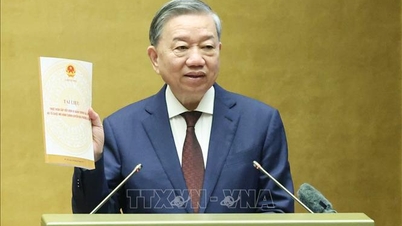

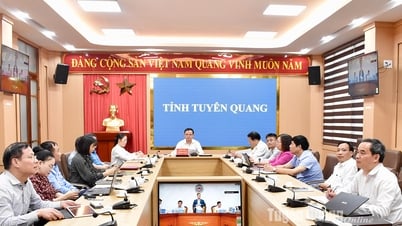

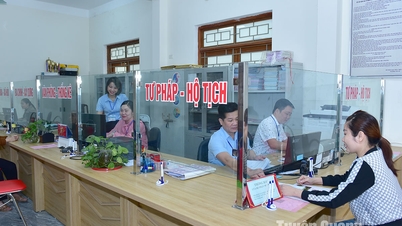

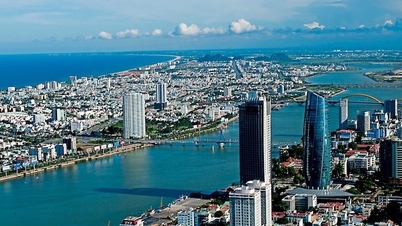


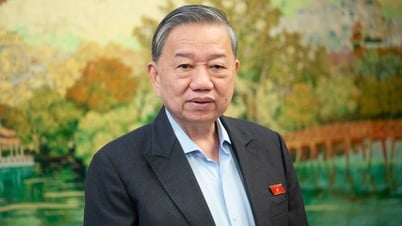
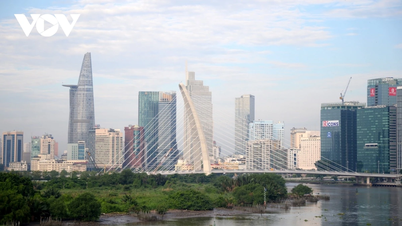



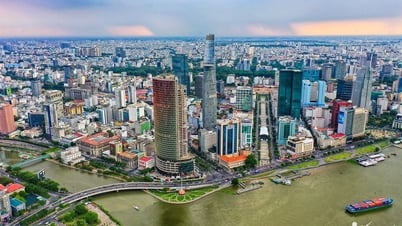





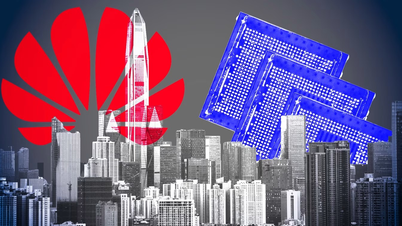










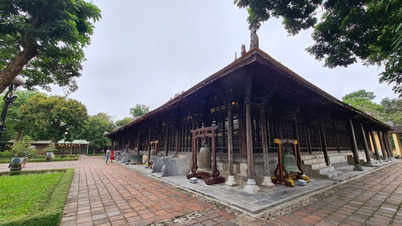









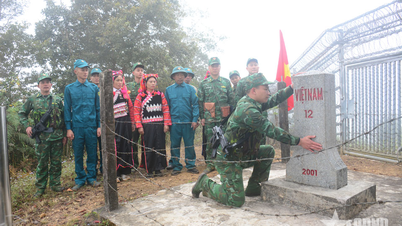








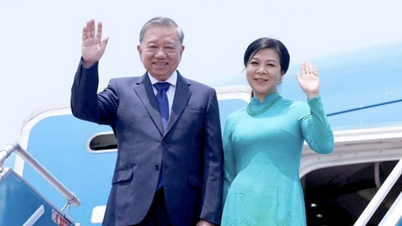
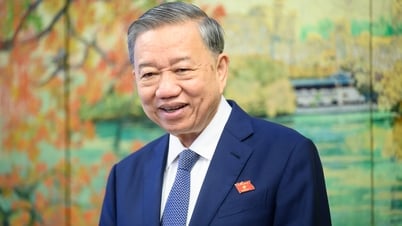


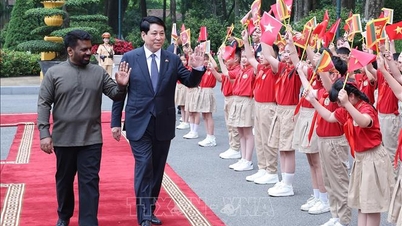
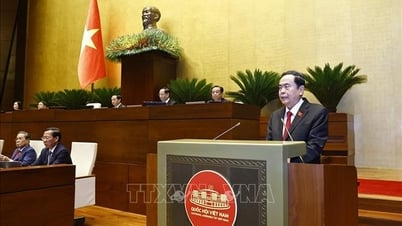
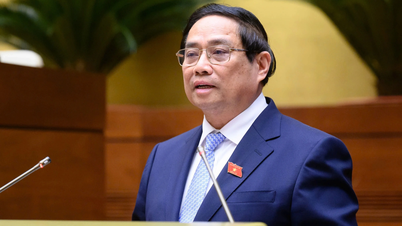






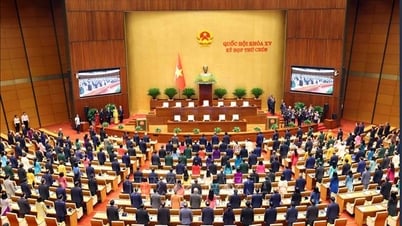






















Comment (0)